WASHINGTON, D.C. — A majority of U.S. Democratic Senators are calling on the Big Three automakers to support a just transition to electric vehicles (EVs) in their ongoing contract talks with the UAW.
In a letter released today, the Senators said, “Profits should translate to gains for workers. It is unacceptable that in the midst of extreme financial gains for the companies, executives, and investors, the workers making the electric vehicle batteries that will enable a transition to clean energy vehicles are making poverty-level wages. Before the expiration of UAW’s contract, we urge you to announce that all electric vehicle workers at these joint ventures will be folded into the national UAW contract.”
The UAW contract expires on Sept. 14, and it covers 150,000 autoworkers at Ford, General Motors and Stellantis.
In a statement, UAW President Shawn Fain said, “These senators agree that now is the time to ensure all autoworkers have the same pay and safety standards that generations of UAW members have fought for and maintained. This senate letter puts a spotlight on EV workers and the need for a just transition in the new green economy because it’s a national concern for all our communities. These negotiations will set the future of the auto industry for decades to come, so we have to get it right. This is when real friends show up. Our members are thankful for the partnership we have with these senators.”
A copy of the letter is below and a full list of the signatories can be found HERE.
Dear Ms. Barra, Mr. Farley, Mr. Tavares, Mr. Eun, Dr. Rhee, and Mr. Chun:
As you engage in contract negotiations with the United Auto Workers (UAW), we urge you to negotiate in good faith to reach a fair outcome by agreeing to fold workers at all joint venture electric vehicle battery facilities into the national UAW contract. UAW workers have made General Motors, Ford Motor Company, and Stellantis the successful, innovative, and profitable companies they are today, and workers in the new electric vehicle sector will be critical to your future success. They must share in the benefits of a union contract.
Through the passage of the historic Inflation Reduction Act (IRA), the United States Congress made it clear that electric vehicle production, as well as its contributing supply chain, is a national priority industry. We were proud to support the legislation that made major investments in this American clean energy industry possible – we need to reduce greenhouse gas emissions to address the disrupting impact of climate change on American families, as well as ensure that the technologies of the future are designed and produced here in the United States by American workers with union contracts. We can and must do both.
Though we can all agree that investments in electric vehicle production are necessary to outpace foreign competition, these investments are not a blank check on worker conditions. Department of Energy loans made possible by the IRA require the companies to create “good-paying jobs with strong labor standards…throughout the life of the loan.”
In other words, high-tech electric vehicle manufacturing jobs should set the standard for wages and benefits for all American manufacturing jobs. These are highly skilled, technical, and strenuous jobs. To that end, it is unacceptable and a national disgrace that the starting wage at any current American joint venture electric vehicle battery facility is $16 an hour. We note that at $33,320 a year, the starting wage at one of these facilities is just above the poverty level for a family of four. American workers, especially those working full time in 21st century state-of-the-art manufacturing, should not make poverty level wages.
The starting wage at these electric vehicle facilities is particularly egregious in the face of the billions of dollars of profits GM, Stellantis, and Ford have made in the past 10 years. Between 2013 and 2022, General Motors and Ford Motor Company made over $100 billion and $75 billion in profit in North America, respectively. Stellantis announced almost $18 billion in profits in 2022 alone. This should, in theory, be great news. It is a testament to our economic resilience that profits are now well above pre-pandemic levels. But despite these impressive figures, General Motors and Stellantis have both announced plans to restart billion-dollar stock buyback programs rather than invest in their workers. In fact, in that same profitable 10-year period, GM, Ford and Stellantis have all closed or “idled” productive plants across the country, including the General Motors Lordstown Facility in Ohio and the Stellantis Belvidere Assembly Plant in Illinois. These closures should never have happened in the first place.
Profits should translate to gains for workers. It is unacceptable that in the midst of extreme financial gains for the companies, executives, and investors, the workers making the electric vehicle batteries that will enable a transition to clean energy vehicles are making poverty-level wages. Before the expiration of UAW’s contract, we urge you to announce that all electric vehicle workers at these joint ventures will be folded into the national UAW contract.





GM Aramark Workers Win Major Gains, Raise the Standard for Sanitation Workers
UNION PLUS – HOTEL DISCOUNTS
In Historic Breakthrough, Volkswagen Workers Become First Southern Autoworkers to Win Their Union